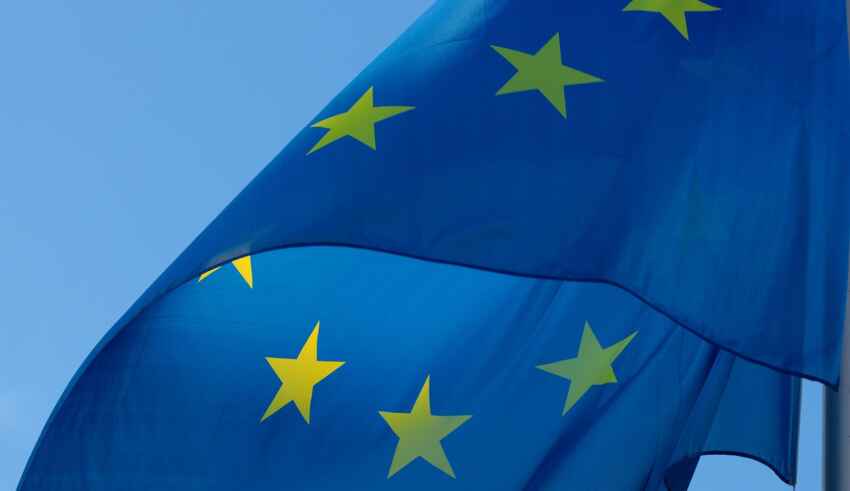
The European Parliament recently approved a complete overhaul of their migration and asylum policies after long debates which raised certain questions all around the globe. The European Union (EU) had changed its approach on the migration and asylum seekers through these changes while trying to uphold human rights. This framework of newly voted policies and laws aims to incorporate Member States into a better coordination to establish a fairer responsibility sharing among themselves while dealing with the immigration. This seeks also to improve efficiency and emphasizes the importance of the human rights.
The passage of this legislation of policies is a significant political event with serious implications on human rights and the EU. In summary, these reforms and changes are designed to make the responsibilities had been disbursed evenly among the Member States to control the overflow of immigration towards the Europe while upholding human rights. On the other hand, through political narrative it is evident that the adopted legislation shows a compromise that aims to balance the diverse interests of the Member States with external pressures and humanitarian obligations. Balancing the interests of the Member States and the EU over the foundations of the human rights while facing a migration crisis is highly sensitive. Challenges surrounding sovereignty, political opinions and the individual interests on migration within the EU is clearly making these policies tighter and more political in its nature.
Furthermore, there are certain elements of the recently approved asylum and migration reforms by the European Parliament are intended to enhance the EU’s handling of migrants and asylum seekers. With the introduction of the preliminary screening procedure, asylum applicants will be able to promptly provide basic information and undergo security and health tests. Additionally, they reduce the age at which fingerprints must be collected and update the Eurodac database to avoid repeated claims. The amendments also include a dual-path asylum system, faster processing for specific applications, and a mechanism of “mandatory solidarity” among member states to share migration management responsibilities. These steps are intended to expedite asylum requests, improve security, and more fairly divide duties among EU members. They also serve as a crisis management plan with regard to certain legislation. Basically, if an individual does not meet the necessary entry requirements of the EU, they will undergo security check ups and profiling.[1]
Moreover, on a political approach to these changes reflects as duality solution towards migration, on one hand it tries to balance the human rights and the interests of the EU and its Member States. These procedures on the legislature enables and opens the doors for more securitized approach on migration which might stain the EU’s views over the immigrants and the asylum seekers. Overall, while EU tries to create a fairer and more systematic approach towards this migrant crisis which makes its Member States more interconnected, they also exposed it to the political spectrum of the migration. Fundamentally, maintaining cooperation on a supranational level to control immigration between the Member States opens a way to a dominant political discourse through migration itself.
More security, stricter border controls, profiling and tighter measures to control the migration itself all goes through the fear of what this crisis might bring towards the EU and its Member States. That is why allowing tighter measures on migrants would certainly have a negative effect on migrants, refugees and asylum seekers in general. In connection to this, during the voting of the legislation several non-governmental organisations, dozens of protestors and migrant charities raised their voices against it. In contrast of the humanitarian side of this legislation, since the start of this migrant crisis EU had been struggling to maintain a unified front against this crisis and to hold a strong cooperation among themselves, perhaps that’s why EU now follows a stricter mechanism towards solidarity to keep the union’s interest first.
In conclusion, while these reforms aim to create an alternative way to boost cooperation among EU’s Members States over immigration and its burdens, they also allow political narratives to slip through the bureaucracy. Future of the EU goes through balancing security and humanitarian rights at the moment, but the political spectrum of the union might overshadow the concerns of the migrants and the international community. The road ahead is full of challenges for the EU and its Member States against the overwhelming numbers of the migrants coming towards their borders and the stability of the region is still uncertain if this continues.
By The European Institute for International Relations
[1] https://www.euronews.com/my-europe/2024/04/10/european-parliament-narrowly-endorses-eu-migration-reform-moving-it-closer-to-the-finish-l















